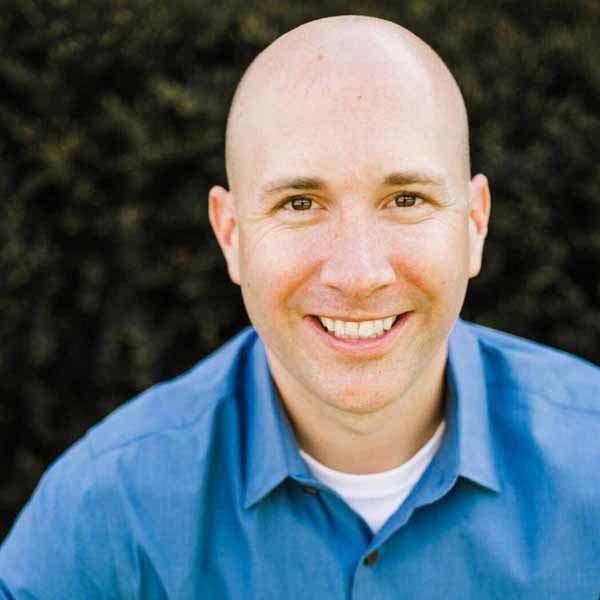Biography
Dr. Scott N. Edgar is Associate Professor of Music, Music Education Chair, and Director of Bands at Lake Forest College. He received his Doctorate of Philosophy in Music Education from the University of Michigan, his Masters degree in Education from the University of Dayton, and his Bachelor of Music in Music Education degree from Bowling Green State University.
His previous teaching experience in higher education includes work at Adrian College and Concordia College Ann Arbor. Prior to his work in higher education, he taught K-12 instrumental music in Ohio and Michigan. Dr. Edgar is the author of Music Education and Social Emotional Learning: The Heart of Teaching Music and is an internationally sought-after clinician on the topic. In addition to clinics, he also teaches graduate courses on Musical Social Emotional Learning at VanderCook College of Music. He is an active clinician and adjudicator for both concert band and marching band and regularly presents at professional development and research conferences. Dr. Edgar is a member of the National Association for Music Education, the American Educational Research Association, the College Music Society, Phi Mu Alpha Sinfonia Music Fraternity and Kappa Kappa Psi Band fraternity. He lives in Lake Forest with his wife Steph, their son Nathan, and their cats Elsa and Wolfie.
Session Titles
Body Awareness for Better Conducting
Teacher
Have you ever been sore from conducting following a rehearsal? Have you been accused of “over conducting”? Do you feel you have a complete repertoire of conducting gestures for all styles and dynamics? In this session we will explore body awareness and look at how we are anatomically set up to be better conductors than we currently are. Stretching, exercises, and musical implementation will all be included.
Developing Healthy Socialization in the Music Classroom: Classroom Management without the Management
Teacher
Is behavior and motivation a challenge in your classroom? Beginning teachers often highlight “classroom management” as an area they wished they had learned more about in their undergraduate education. It is difficult to teach these concepts until teachers have a classroom of their own. Utilizing the frameworks of Social Emotional Learning and Social Capital Theory we will discuss practical strategies to navigate building a collaborative classroom without managing the students.
Implementation of Social Emotional Learning in Music Education Classrooms: Activities for Personal and Interpersonal Growth
Teacher
The purpose of this session is to provide lesson ideas for SEL implementation for all ages and music areas. The activities presented have been designed to augment and enhance traditional music instruction and are aligned with the Illinois SEL standards. The activities will be split into three areas: self-awareness and self-management; social awareness and relationship skills; and, responsible decision-making.
Music Education for Social Transformation
Teacher
The value of music education extends well beyond the notes on a page. The collaborative social benefits alone warrant a musical education. Utilizing the frameworks of Social Emotional Learning, Social Capital, and Restorative Justice, we will explore the potential for music classes to enact social change. Strategies to build community THROUGH music will be presented. The perspectives of school music teachers, administrators, and mental health professionals will be included.
Social Emotional Learning (SEL) and Music Education
Teacher
The purpose of this session is to introduce the framework of Social Emotional Learning (SEL) and to highlight explicit connections to music education. Music educators are not counselors; however basic knowledge of how to professionally provide support to students utilizing the tenets of SEL will benefit both teachers and students academically, musically, socially, and emotionally.
